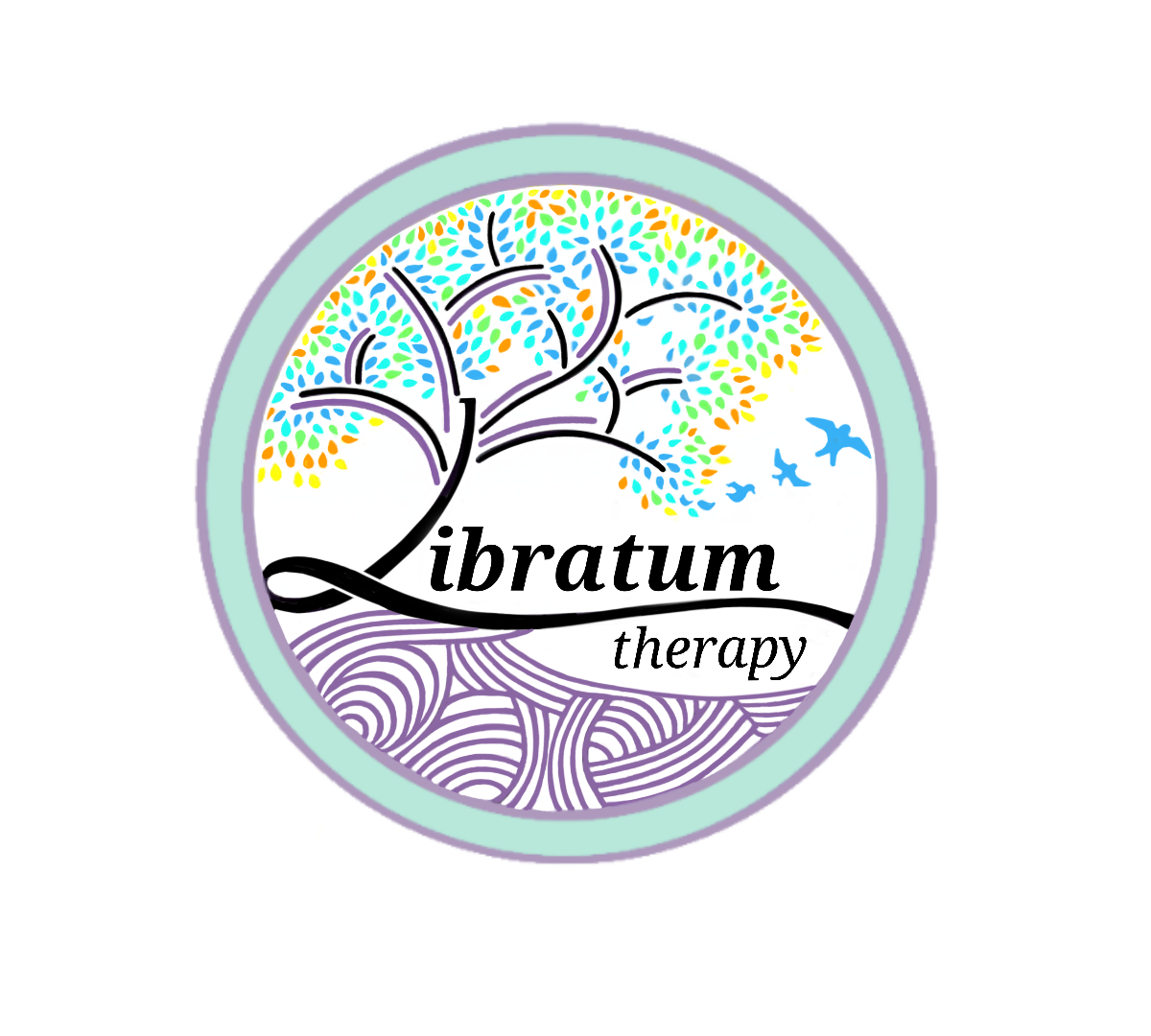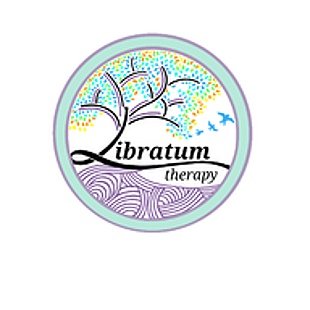Skills to live well: Being Present
Live better by being more present in the moment
Much of our lives are characterised by doing things and striving for something more, something better, and something different. As humans we want to feel happy, satisfied, safe, and accepted. We seek and do things that make our lives better and comfortable and move away from what makes it worse. We work hard, exercise, earn money, and get recognition and praise. We are reinforced for "doing" because society and organisations like people who get things done effectively and efficiently. Many of us are well-practiced and have become proficient "do-ers."
The problem with too much "doing"
We can get caught up in "doing" to the point that we are no longer "being" and living. We can end up searching for a better version of ourselves, our careers, our relationships, our possessions, and our lives. We live waiting for a point in the future when it will be better because we get hooked to the idea that what we have and who we are now is not good enough. This can make it hard to "be;" to accept ourselves as we are and to live our life as it is.
The experience of "being" in the moment
What would life be like if we learned to be in the moment, even as we went about doing things? To explore this question, I purposely carried out an exercise on a busy day in autumn by going for a walk with the intention of being present.
My focus on the moment lasted for a full two seconds before my mind started fretting and my hands were itching to check my phone. I couldn’t believe it; it was nearly humorous to observe. I focused on not getting carried away by my thoughts and on remaining curious, and this initiated a 20-minute walk that was alive with moments:
A moment of cold—my body shivering as a cool breeze hit my face.
A moment of scent—smelling the strong scent of the autumn leaves and grass.
A moment of gratitude—for deciding to step outside even though I was tempted to keep working.
A moment of loneliness—remembering that I had less social contact today than I would have liked.
A moment of sadness—knowing time is passing and people I love are getting older.
A moment of regret—about things I think I could have done differently at work that day.
A moment of compassion—acknowledging that it was hard and remembering I did my best.
A moment of silence—everything was still for a moment.
A moment of joy—stepping on the yellow leaves that crunched with every step I took.
A moment of connection—a dog randomly running up to me with its tail wagging and wanting to play.
A moment of kindness—a lady from a shop smiling at me through the shop window.
A moment of guilt—walking past a homeless person in the street.
A moment of beauty—seeing the sunset and the colours in the sky.
A moment of excitement—as I passed by a film crew filming a movie.
A moment of anxiety—about my walk coming to an end and having to face my next work task.
A moment of courage—getting ready to face my next task and enter a more active phase of "doing" again.
Let’s debrief
This exercise highlighted that the present moment was multifaceted and made of small moments that were constantly changing. No moment lasted forever; some started and ended and some cycled back around again.
Together, these moments provided a richness and diversity to my walk, because at different points I felt connected to myself, my body, people, animals, and the environment. I did not need to wait for some grand gesture or achievement to feel good because by the end of the walk I felt fulfilled and energised even if there was some lingering anxiety.
What skills do we need to "be" in the moment more?
It is hard to stay in the moment because of the mind's natural tendency to get distracted. Therefore, we need to learn skills to actively coach our minds to stay present. Essentially this is mindfulness in practice.
It helps to first connect with our intention to be present during our activities and clarify that being present is an important value that we want to live by.
We need to develop our self-awareness and learn how to observe and notice each moment without ignoring or overly attaching ourselves to any moment.
We need to learn how to accept all moments, whether they are painful or joyful and whether we like them or not. We tend to judge moments as good or bad and to push away the unpleasant moments and cling to the good moments. However, we cannot pick and choose in this way and when we try to shut out negative moments, we shut down positive moments too.
We need to develop a willingness to tolerate unpleasant moments as they come without fighting or getting overwhelmed by them. We can remember that they will not last forever and that we can cope with them.
If we get hooked by them, which we will, or get lost in "doing" too much again, we can practice redirecting our focus and re-connecting with ourselves, others, and our environment in the present.
When a good moment comes, we need to allow ourselves to be open to it and to embrace it, with the wisdom that it will come to an end too.
Get as good at "being" as you are at "doing"
When we learn how to settle into the moment, we can awaken to how rich our life is now. In the present we can find the enjoyment, connection, and meaning that we have been searching for all along. Getting better at "being" can in turn enhance our experience of "doing" things as we can feel more engaged and fulfilled in the process.

